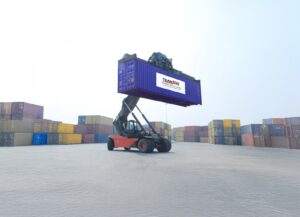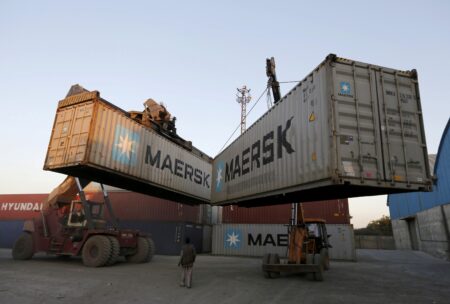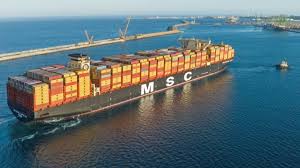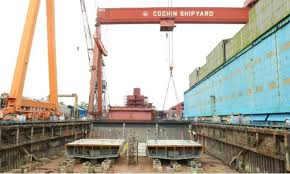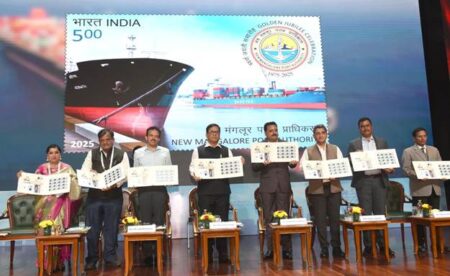On 14th of November, 2022, a group of global leaders gathered together at Sharm El-Sheikh in Egypt for United Nations Climate Change Conferenece. Also known as UNFCCC or COP27, serious discussions about achieving world’s collective climate goals (as per the Paris Agreement) was occurred. Undoubtedly, the transport sector made it to the top of their list of concerns due to its polluting nature.
Along with low-carbon transport options, there is a rising need to make transport more accessable, efficient and safe for everyone.
The Union Internationale des Transports Publics (UTIP), an international association of public transport is anticipating COP27 to bring the much-needed sustainability on the transport front during this year’s climate talks. COP27 is expected to expedite the necessary actions around climate change, pollution, etc., said the association.
Optimism With a Grain of Salt
Ahead of COP27, the International Maritime Organisation (IMO) has pledged to reduce GHG emission from shipping activities. As per organisation’s roadmap for 2018-2023, the group firmly supports the inculcation of United Nations’ Sustainable Developments Goals & believes them as one of their own. This would be their contribution to minimise air pollution.
Around 3% of global greenhouse gas emissions is a result of water trade (annual).
However, for a economy relying on waterways for 90% of its trade, the number is quite critical. For the industry to meet the 1.5 degrees Celsius target in-line with the Paris Agreement, the sector must meet its 2030 breakthrough goal of having scalable zero-emission fuels that make up 5 per cent of the international shipping fuel mix, according to the World Economic Forum’s website.
IMO’s commitment is to reduce carbon intensity per transport work by at least 40 per cent by 2030, pursuing efforts towards 70 per cent by 2050, and total annual GHG emissions from international shipping by at least 50 per cent by 2050.
Of course, such a feat cannot be achieved without introducing alternative fuels in the near future. To make it happen, a group has been established by MEPC 78 to draft guidelines around the lifecycle of marine fuels.
In October this year, the International Civil Aviation Organisation’s assembly reached a historic agreement on a global aspirational goal of “net-zero carbon emissions by 2050” in support of the Paris Agreement’s temperature goal.
SAF Commitments
From COP26, a major decision was taken by a group of nations to sign the International Aviation Climate Ambition Declaration. Its key aims are to ensure the maximum effectiveness of the Carbon Offsetting and Reduction Scheme for International Aviation (CORSIA), and development and deployment of sustainable aviation fuel (SAF).
Global airlines have shown commitments on SAF in the run-up to the COP27 with British Airways, Air France-KLM and Qatar Airways leading the way. British Airways, LanzaJet and Nova Pangaea Technologies have signed an agreement to accelerate Project Speedbird initiative to develop cost-effective SAF for commercial use.
Air France-KLM signed multi-year contracts with SAF providers Neste and DG Fuels for a total volume of 1.6 million tons. These contracts represent a first step by the Group towards achieving its 10 per cent SAF incorporation targets by 2030 and will cover approximately 3 of those 10 per cent. First deliveries are expected in 2023, the airline said.

